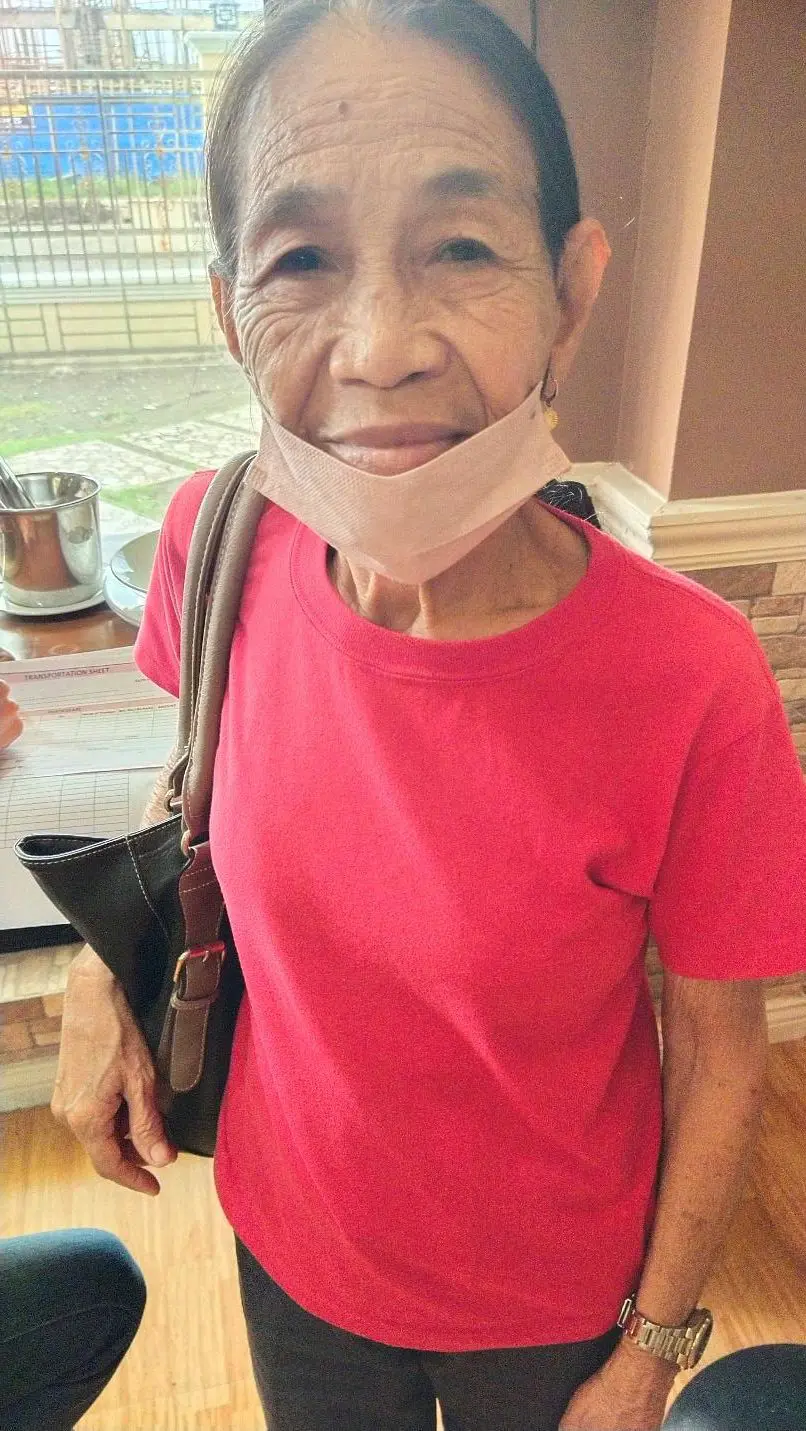Health workers in the Philippines: vitally important for little recognition
Since the 1970s, there has been a government programme for primary care in the Philippines, the Barangay Health Worker programme. But the crucial role played by the Barangay Health Workers continues to receive very little recognition.
In the late 1970s, the Philippines was one of the first countries to implement the Alma Ata Declaration’s recommendation for primary healthcare. The country launched the Barangay Health Worker programme to reach out to people in small villages and densely populated urban areas with basic health care. After more than four decades, the important role of the Barangay Health Workers is barely recognised.
An important role
Public health care in the Philippines has been in crisis since a long time now. The health workers in the programme therefore play an important role. They provide primary health care and help the population to improve their health. During the corona pandemic, their role was highlighted. The health workers took the initiative to provide home-based care for Covid-19 patients and convinced the population to get vaccinated. During the containment, they distributed food parcels and protective equipment. Despite this, their work did not attract much attention. Only the health workers in the hospitals were highlighted.

Elma Deanon has been a Barangay Health Worker in Roxas City, Capiz province, since the early 1990s. She has always been actively involved in her barangay (neighbourhood) activities and was therefore chosen to work for the Barangay Health Worker programme. The residents knew and trusted her and therefore followed her advice carefully, also during the pandemic.
“I was on the front line. My job was to control the comings and goings at the neighbourhood checkpoint to counter the spread of the virus. One of my main tasks was to explain to people the nature of the virus and the rules of hygiene. Some of the residents thought that the vaccine would turn them into zombies. So I explained to them the importance and safety of vaccination.“
Workload
The health workers in the barangays have many tasks and responsibilities. For example, they assist the midwives and nurses in charge of the health of young mothers and their children. They think about how to improve hygiene in their neighbourhoods, conduct vaccination campaigns and give health lessons in schools.
“Knowing the health situation of each family is one of our tasks. We go to people’s homes to inform them about different diseases. We also conduct surveys to find out which families do not have toilets or have to draw water from deep, unsafe wells.”
Poorly paid
Despite all their duties and responsibilities, the Barangay Health Workers are considered volunteers. They have no fixed salary and are only entitled to a limited state allowance.
“We receive 25.77 euros per quarter from the barangay and 103 euros from the provincial government. The city government pays us 34.3 euros per semester. If a Barangay Health Workers doesn’t show up for work, they are fined.”
Many Barangay health workers also have informal jobs. They often earn too little to support a family. “Some of us make extra money by washing clothes or selling products. For example, I go around the neighbourhood selling cosmetics.
Inequalities among different barangays
Barangay Health Workers in the cities are often paid more than their colleagues in the countryside, due to the decentralisation of health care managemnt. Management has been transferred from national to local governments. They manage their own budgets. If they feel that health is not a priority, the Barangay health workers feel it directly in their pockets.
Moreover, it is the local politicians who appoint the Barangay workers. In many places throughout the country, Barangay health workers are not chosen on the basis of their qualities but on the basis of their relationship with the barangay captain or the mayor of the municipality. Barangay staff members do not have a fixed job. If the barangay captain resigns, they run the risk of being replaced.
“I don’t understand our government. Let’s take our barangay for example. With the previous mayor, we had no problem with the supply of medicines because the mayor had a good relationship with our barangay captain. Now the situation has completely changed because our barangay captain is not an ally of the current mayor. This makes it really difficult for us to work as caregivers for the barangay. Despite the indispensable role that Barangay Health Workers play, they are often exploited and discriminated against.”
“Staff members have left because of the workload and lack of consideration. Some people prefer to work as domestic staff or look for work elsewhere. Those who remain have to put up with the situation simply because there are no alternatives.”
Advocacy for strong primary care
These organisations are very critical of the government for increasingly involving the private sector in health care. For example, a 2019 health care reform law focuses mainly on health insurance. Too little attention is paid to the importance of the public sector in health care administration. Meanwhile, Elma and other Barangay Health Workers are still waiting for the approval of a law that improves their working conditions. Health organisations continue to take action for better working conditions for Barangay Health Workers and for strong frontline care.


